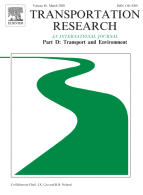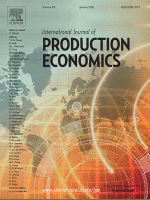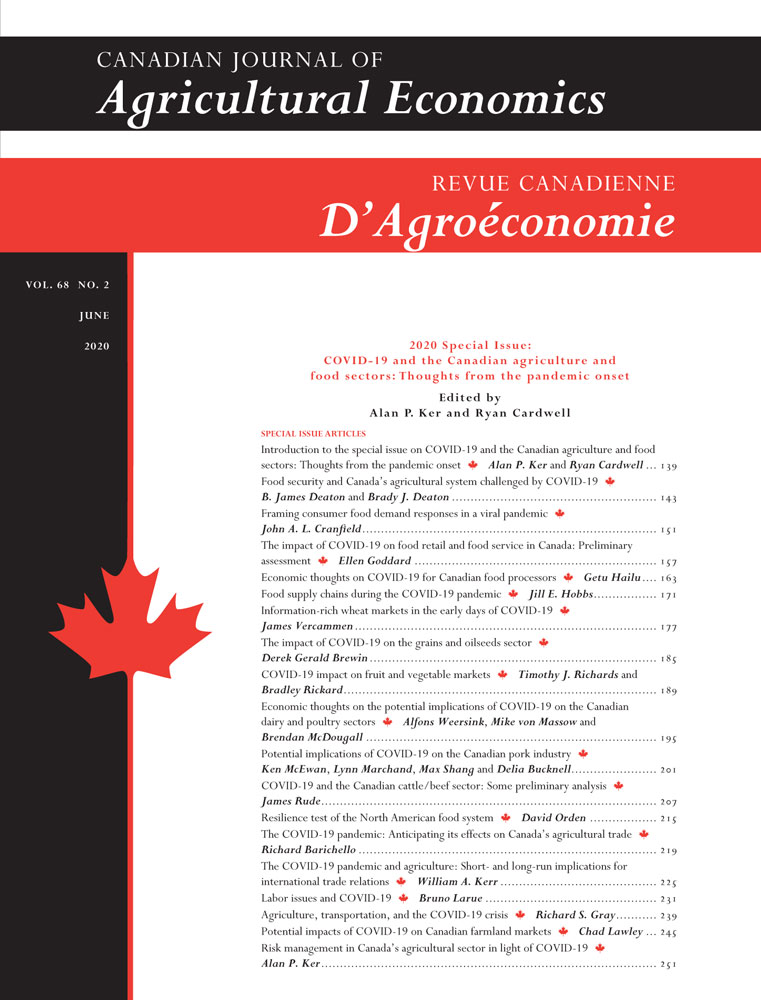
Various fields and commercial sectors have witnessed a transformation with the advent of the internet. In the last decade, the retail sector in particular has witnessed the massive growth of e-commerce.

The volume and availability of data in the Intelligent Transportation System (ITS) result in the need for data-driven approaches. Big Data algorithms are applied to further enhance the intelligence of the applications in the transportation field.

The development of land transportation has effectively contributed to countries’ economic and social development. Roads, rails and vehicles have come into widespread use in transporting things from one location to another on land.

The COVID-19 pandemic poses a great challenge for contemporary public transportation worldwide, resulting from an unprecedented decline in demand and revenue.

The brief analysis reveals that agricultural access to bulk ocean freight, rail movement, and trucking has generally improved in the pandemic, bolstered by the reduced demand for these transportation services by other sectors of the economy.

The world is dealing environmental pollution issues caused by exhaust emissions,including hydrocarbons, nitrogen oxides, carbon monoxide, and particulate matter from vehicles using traditional fuels, such as gasoline and diesel, and these were expected to significantly increase by 2020.

The requirements begin in 2024. By 2035, 55% of delivery vans and large pickups, 75% of commercial trucks such as garbage trucks and 40% of the big rigs sold in California must be emissions-free.

The transition to a post-COVID world is not going to be as simple as offering more micromobility options than before. How can service providers look to fill the void that COVID-19 has created?
